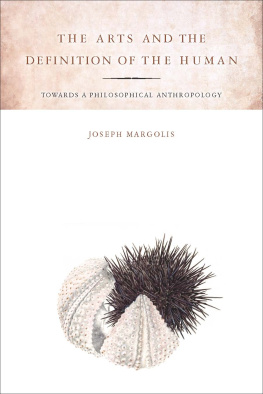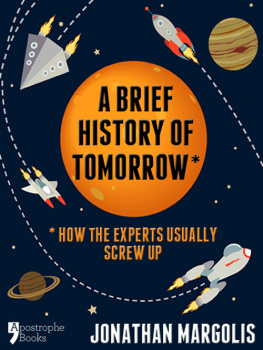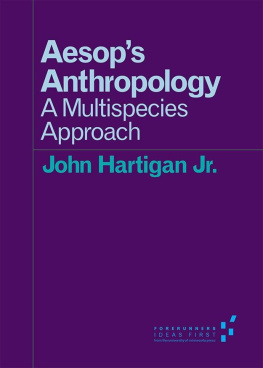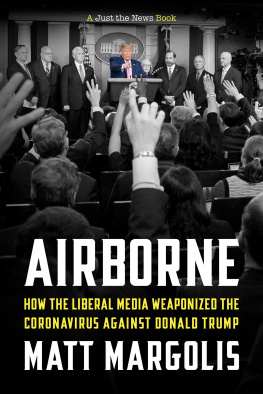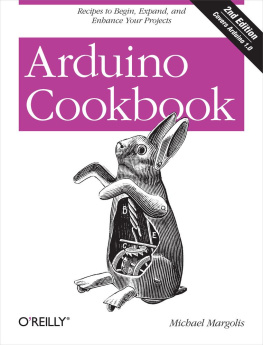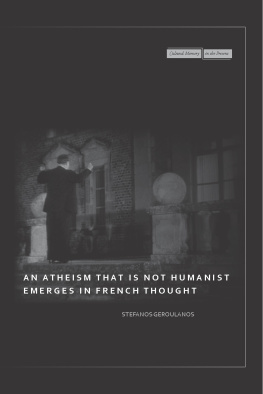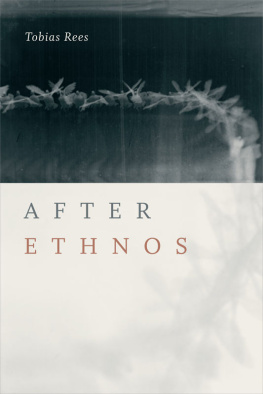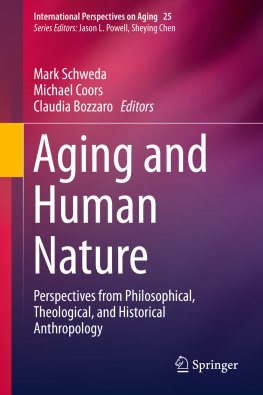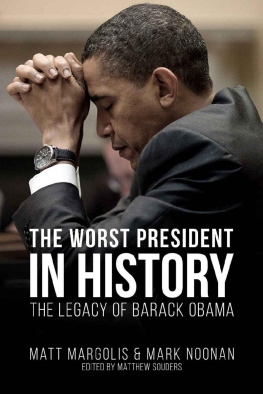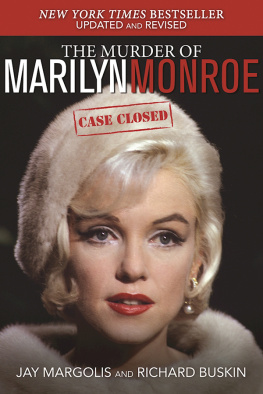Margolis - The arts and the definition of the human : toward a philosophical anthropology
Here you can read online Margolis - The arts and the definition of the human : toward a philosophical anthropology full text of the book (entire story) in english for free. Download pdf and epub, get meaning, cover and reviews about this ebook. City: Stanford, Calif, year: 2009, publisher: Stanford University Press, genre: Religion. Description of the work, (preface) as well as reviews are available. Best literature library LitArk.com created for fans of good reading and offers a wide selection of genres:
Romance novel
Science fiction
Adventure
Detective
Science
History
Home and family
Prose
Art
Politics
Computer
Non-fiction
Religion
Business
Children
Humor
Choose a favorite category and find really read worthwhile books. Enjoy immersion in the world of imagination, feel the emotions of the characters or learn something new for yourself, make an fascinating discovery.
The arts and the definition of the human : toward a philosophical anthropology: summary, description and annotation
We offer to read an annotation, description, summary or preface (depends on what the author of the book "The arts and the definition of the human : toward a philosophical anthropology" wrote himself). If you haven't found the necessary information about the book — write in the comments, we will try to find it.
Margolis: author's other books
Who wrote The arts and the definition of the human : toward a philosophical anthropology? Find out the surname, the name of the author of the book and a list of all author's works by series.
The arts and the definition of the human : toward a philosophical anthropology — read online for free the complete book (whole text) full work
Below is the text of the book, divided by pages. System saving the place of the last page read, allows you to conveniently read the book "The arts and the definition of the human : toward a philosophical anthropology" online for free, without having to search again every time where you left off. Put a bookmark, and you can go to the page where you finished reading at any time.
Font size:
Interval:
Bookmark:
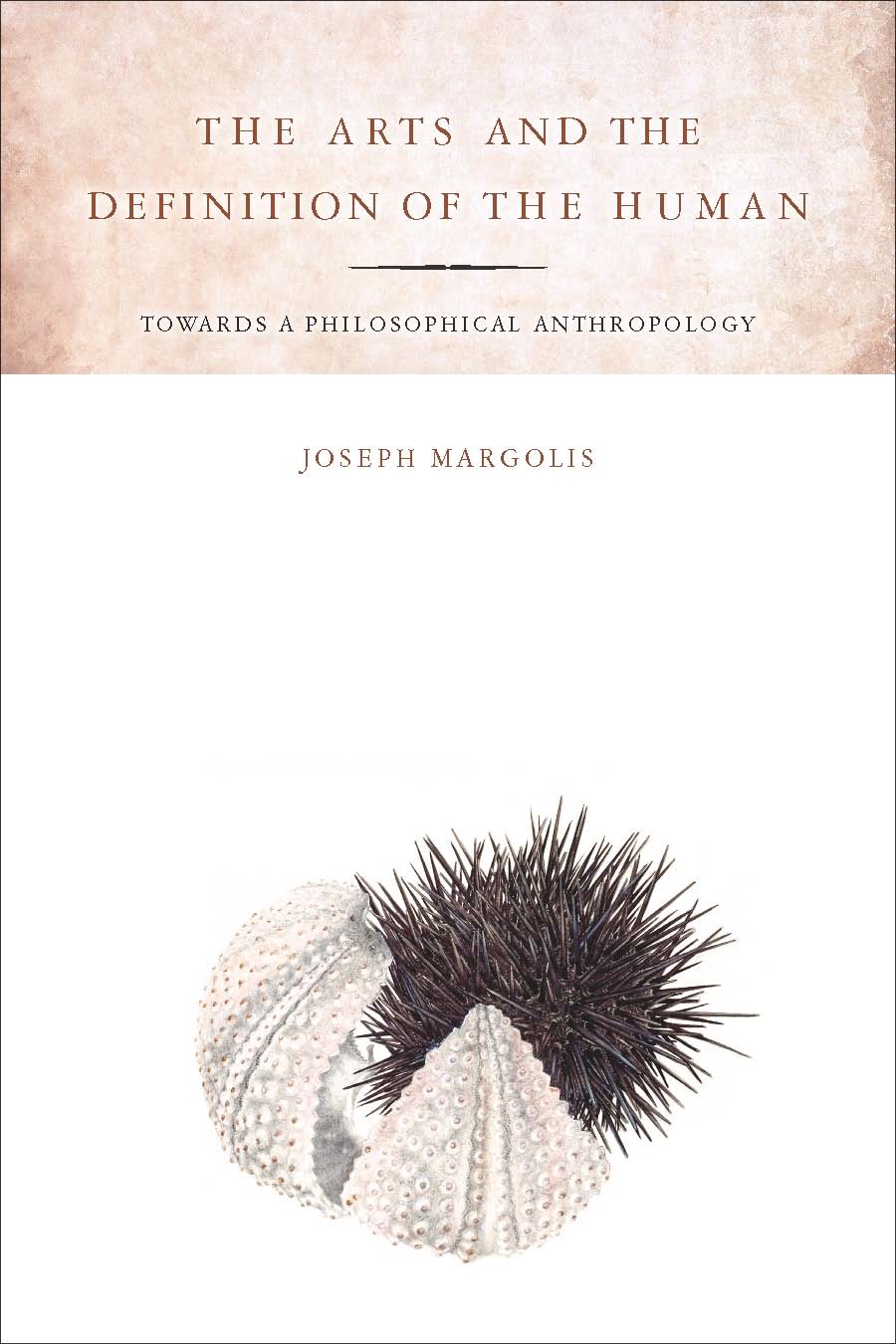
IN HIS WONDERFULLY LIGHTHEARTED BOOK Kant after Duchamp , Thierry de Duve reminds us, by an unmarked implication, of the utterly baffling, improbable, historically inert, all but irrelevant initial pronouncements on taste and beauty that may be found in Immanuel Kants Critique of Judgment which might have been rectified long ago by an obvious and still needed reform, after all the learned mischief possible has been wrought, by simply replacing the analysis of natural beauty by the analysis of art. Its a change long overdue, now courageously managed through the crazy distraction of Marcel Duchamps blessed (would-be) submission of his readymade ( Fountain ) for the 1917Independents Show in New York (but never shown), which adds some complicating nonsense about art to Kants own nonsense, and which at the right time would certainly have made unavoidable a frontal revision of Kants aesthetic formula if that had not already been required by events as early as those of the modernist art world of the century following the publication of the third Critique .
I dont mean to suggest by this that de Duves effort is not a serious one. Far from it. But the absurdities in the entire chronicle that spans the reception of Kants Critique , the independent history of Western painting that should have tested the perspicuousness of Kants original thesis at once, the extraordinary challenge posed by Duchamp both to the perceived coherence of the evolution of nineteenth- and twentieth-century painting and the philosophy of art that shadows that entire storywhich de Duve captures in all its bewildering extravagance but which he also skillfully penetrates in an oddly sane way by simply imagining something like a running exchange between Kant and Duchampmake us wary of his own ingenuities as we consider the potential idiocy of our now attempting, early in the twenty-first century, to put the entire matter of truth and beauty in the plain way it plainly deserves. The relentless rationality of Kants analysis of beauty and the sociopathic possibilities of Duchamps theatrical intervention, the work of two skeptics of a seemingly kindred sort, have prompted de Duve to substitute, quite deliberately, the term art in all of Kants textual paradoxes originally reserved for natural beauty, as a quick way (so I surmise) of redirecting aesthetics to its proper business.
The immense scandal created by Fountain , a response of an uncertain kind to the innovations of the preceding century, completely disorganized conventional philosophical (even art-critical) conceptions of art, beauty, and taste, which, in spite of a general grasp of the implications of Duchamps act, has remained, particularly in the Anglo-American academy, at the nagging edge of high philosophical interest down to the 1970s and 1980s (and even now), without disturbing the academys Olympian treatment of Kants newly minted discipline of aesthetics (now also called philosophy of art).
The Anglophone effort (possibly a large part of European speculation as well) absorbed Duchamps mortal joke as if it were a normal event that might arise as a matter of course. De Duve sees in this the possibility of a belated change of focus, quickly arrived at, by displacing the privileged role of Kants utterly unworkable notion of natural beauty by the equally problematic notion of art, though the idea seems not to have improved the philosophical analysis of either in any noticeable way. De Duve, I think, supports the change with an eye to further subversive or comic possibilitiesand may not be overly sanguine about what to count as a correction. Perhaps then I may be pardoned for dawdling a little too long on the seeming bad luck of Kants beginning the new discipline in the eccentric way he favors. I hope so.
I cannot hide the fact that I believeI dont mean this in an unkind waythat Kants discussion of beauty and taste in his account of aesthetic judgment is completely wrongheaded, saved (if that is the right word) by his unmatched recuperative power to snatch philosophical victory (by sensible second thoughts added by a kind of layered prudence) from the unrelenting disaster of his usual executive intuitionsa factor that appears as well in the great first Critique (with respect to science) and in the Foundations of the Metaphysics of Morals (with respect to morality). You have to read Hegels Lectures on the Fine Arts to appreciate the extent to which Kant was culturally unprepared to discuss aesthetic judgment in the context of the classics of Western painting; or you may read Hegels critique of Kants first Critique and his analysis of the vacuous Categorical Imperative to see just why, in spite of the obvious truth that, in his magisterial way, Kant always manages to set the crucial philosophical questions for the agethat is, for the two centuries plus that follow his innovationsalthough it begins to appear that the lengthening history of philosophy will probably follow Hegels correctives (not Hegels doctrines), or will as a result at least avoid Kants outlandish assumptions.
We are hardly more than fledgling philosophers here, replacing, plank by plank, Kants transcendentalism with one or another increasingly lean reading of the master themes (effectively, Hegels) of historicity and cultural transformationa painful, very slow process that slips back two steps with every forward step it takes. If you favor the impolite thought I am trying to present politely, you must realize that the invitation to explain the current state of play in Eurocentric philosophy regarding the linkage between truth and beauty is itself, subversively, an invitation to bear witness to a great muddle that actively resists resolutionand has resisted for more than two hundred years. Historicity and the sui generis distinctions of the cultural world were effectively introduced into Western philosophy at the end of the eighteenth century, flourished for a time, and are now very much in retreat. The very plausibility of Kants undertaking depends on the ease with which we accept that decline.
In the Critique of Pure Reason , for instance, Kant is obviously misled in a headlong way by Newtons excessive, entirely unsecured claims regarding absolute space and absolute time and what he (Kant) thinks his own attack on rationalism (and his acting to save Newton from himself) requires in the way of purely subjectivist resources; in the Foundations , he chooses to rely on the supposed concern of a completely invented alien form of reason that benignly occupies itself with the grand labor of explaining how the practical interests of ordinary human beings may be brought into accord with a form of moral necessity that masquerades as freedom and might never have been chosen by human agents who had not already read Kants explanatory doctrine; and in the matter of beauty and taste, Kant turns to the ordinary pleasures of viewing sunsets and mountains and flowers and animal forms, which he unaccountably transforms into feelings of pleasure he says are never encumbered by practical interests or critical concepts or historical orientation, which (if true) would simply preclude whatever might be of philosophical interest in our enjoyment of the arts themselves.
No one as brilliant as Kant, or worth comparing claim for claim, was ever quite as obtuse in his initial orientation in the third Critique . Thats perhaps to say a great deal more than de Duve means to consider. The state of play may be even worse with respect to the issues of the first part of the third Critique than arise in the other texts mentioned. Still, I see no convincing way (pace Kant) to separate our topics in the arts from those that concern what we take to be known and real in the sciences, or right and obligatory regarding morality.
Font size:
Interval:
Bookmark:
Similar books «The arts and the definition of the human : toward a philosophical anthropology»
Look at similar books to The arts and the definition of the human : toward a philosophical anthropology. We have selected literature similar in name and meaning in the hope of providing readers with more options to find new, interesting, not yet read works.
Discussion, reviews of the book The arts and the definition of the human : toward a philosophical anthropology and just readers' own opinions. Leave your comments, write what you think about the work, its meaning or the main characters. Specify what exactly you liked and what you didn't like, and why you think so.

